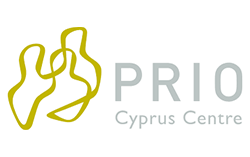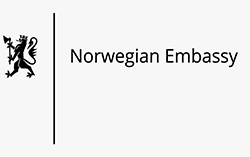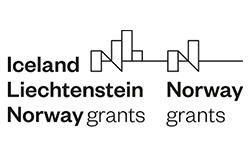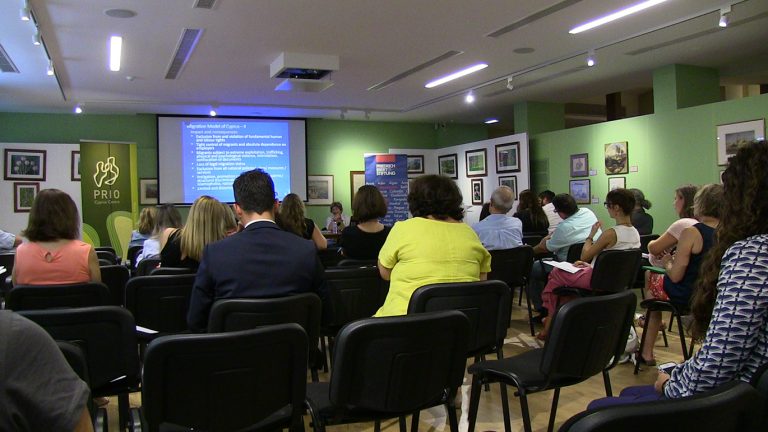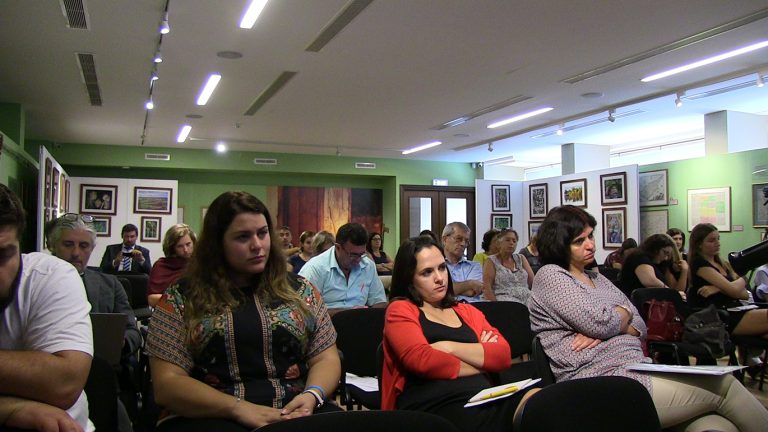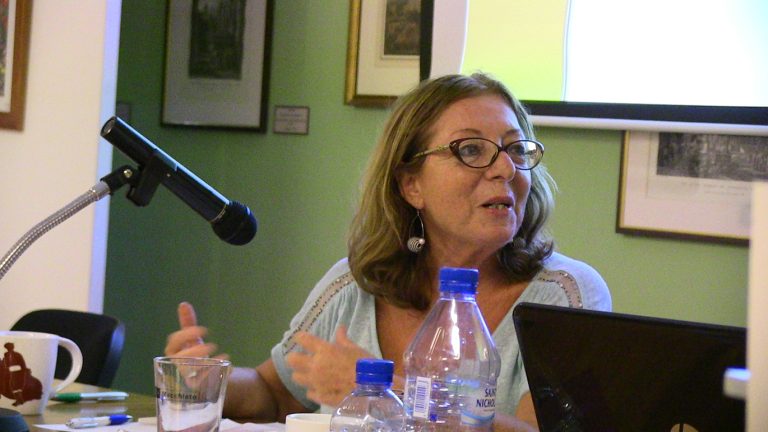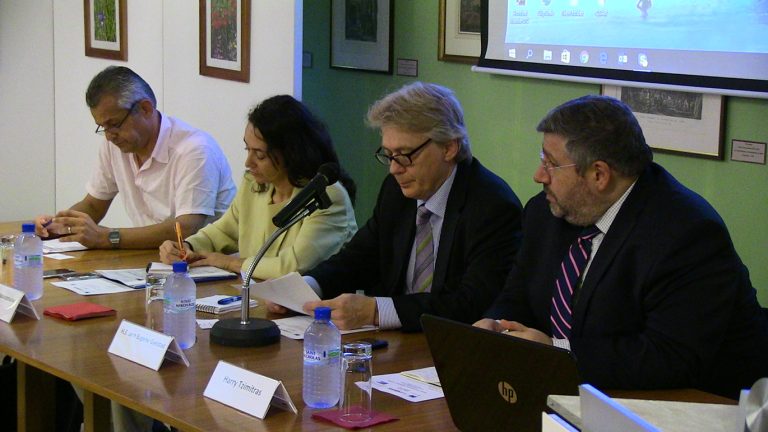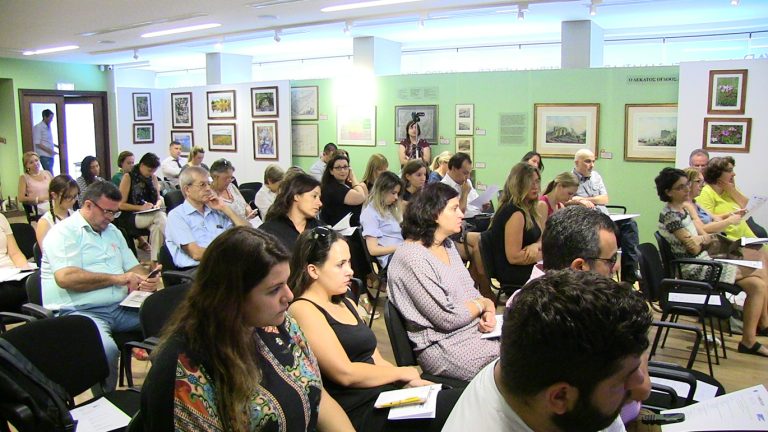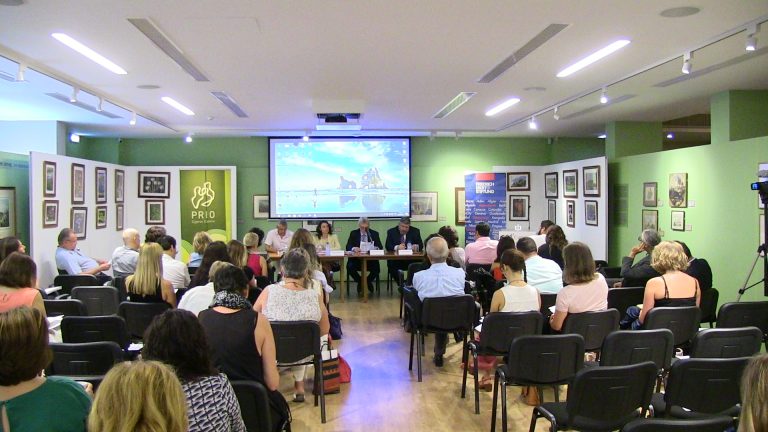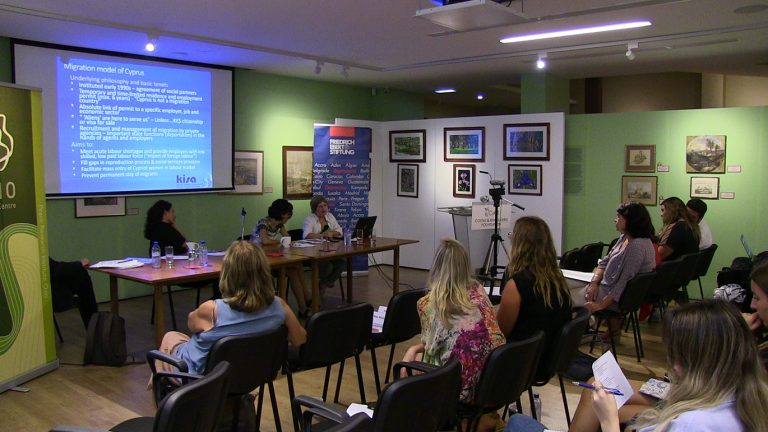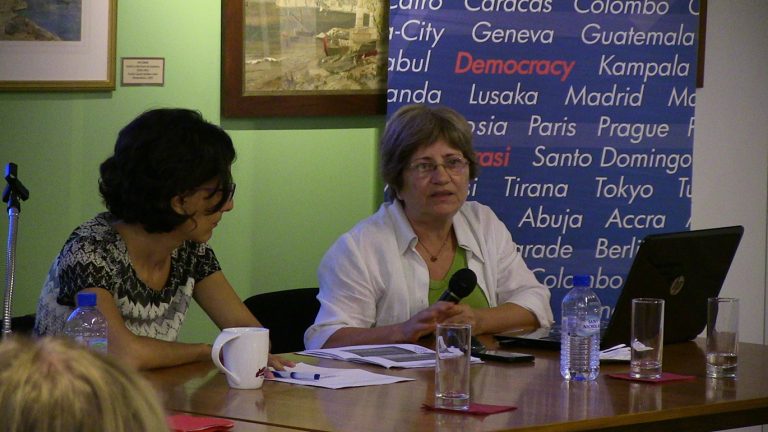Conference on Gender, Migration and Trafficking in Europe
Symbiosis-School of Political Studies in collaboration with the Friedrich-Ebert-Stiftung, and PRIO Cyprus Centre organised a conference on Gender, Migration and Trafficking in Europe on 29 September 2017 in Nicosia, Cyprus, to explore these three interlinked topics as they manifest across Europe today.
Gender is central to any discussion on the causes and consequences of regular and irregular migration and forced displacement. The power dynamics and types of violence associated with migration have also been gendered. As Europe experiences the effects of the radical changes in refugee movements since 2015, the links between gender, migration, and the violence they entail needs to be asked anew, at the national, local and European levels, in policy making as well as implementation.
The expectations, relationships and power dynamics associated with being a man, woman, boy or girl, and whether one identifies as lesbian, gay, bisexual, transgender and/or intersex (LGBTI), affect reasons for migrating, who will migrate, the social networks migrants use to move, integration experiences and labour opportunities at destination, as well as relations with the country of origin. Thus, the necessity to understand, assess and respond to gender dynamics.
Considering gender-specific migration trends can mean the difference between designing and implementing policies that addresses the needs and capacities of migrants and refugees equally or plans and initiatives that fail to address these critical elements and perpetuate gender inequality. Proactively including gender equality in all relevant work means advocating for equal rights under the law in employment and mobility; combatting discriminatory migration practices; understanding how gender influences all aspects and types of migration; knowing and responding to how gender shapes access to social services, economic growth, capacities, risks and vulnerabilities; and understanding how migration influences gender roles and equality.
The panels focused on the topics: Movements of Populations in the Mediterranean and European Responses; Gender and Migration Today / Women Migrants and the City; Violence against Refugee Women; Current Responses and Challenges in Anti-Trafficking Efforts, and traced the following questions:
- What is different today in relation to the pre-2015 situation (in terms of migration demographics as well as policy responses)?
- What urgent issues pose particular challenges to European, national and local institutions and how they could be addressed (e.g. VAW and other GBV, different forms of trafficking)?
- How are questions of integration and refugee welfare being reconfigured and approached anew today?
The conference involved outstanding experts and academics: H.E. Jørn Eugene Gjelstad, Ambassador of Norway to Greece and Cyprus; Hubert Faustmann, Professor, School of Law, University of Nicosia & FES; Harrys Tzimitras, Professor of International Law and International Relations, Director of PCC; Yolanda Valassopoulou, EC Cyprus; Kilian Kleinschmidt, Switxboard, Vienna; Chrystalla Katsapaou, Protection Specialist, UNHCR; Anthoula Papadopoulou, KISA; Nadina Christopoulou, Anthropologist, Melissa Network, Greece; Michael Farnizadeh, VIDC; Pier Giorgio Ardeni, Professor of Political Economy and Development Economics, Instituto Cattaneo, Bologna University; Jelena Hrnjak, Programme Manager Atina NGO, Belgrade; Mary Zalakosta, Legal Advisor, Future Worlds Centre; Korina Hatzinikolaou, Psychologist, Assistant Professor at Aristotle University of Thessaloniki & Expert Councellor, Office of the National Rapporteur on Trafficking in Human Beings, Greek Ministry of Foreign Affairs; Despina Syrri, Director of Symbiosis-School of Political Studies in Greece.
Photos
Presentations
Supporters
